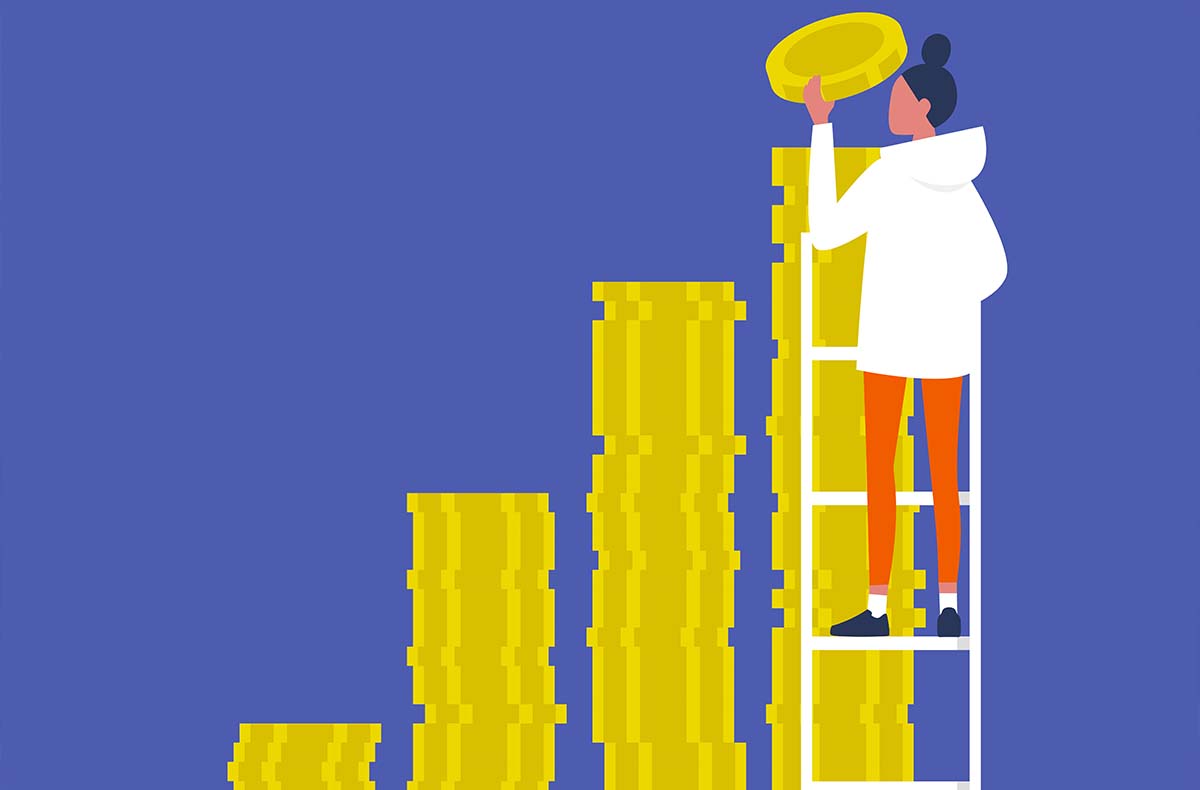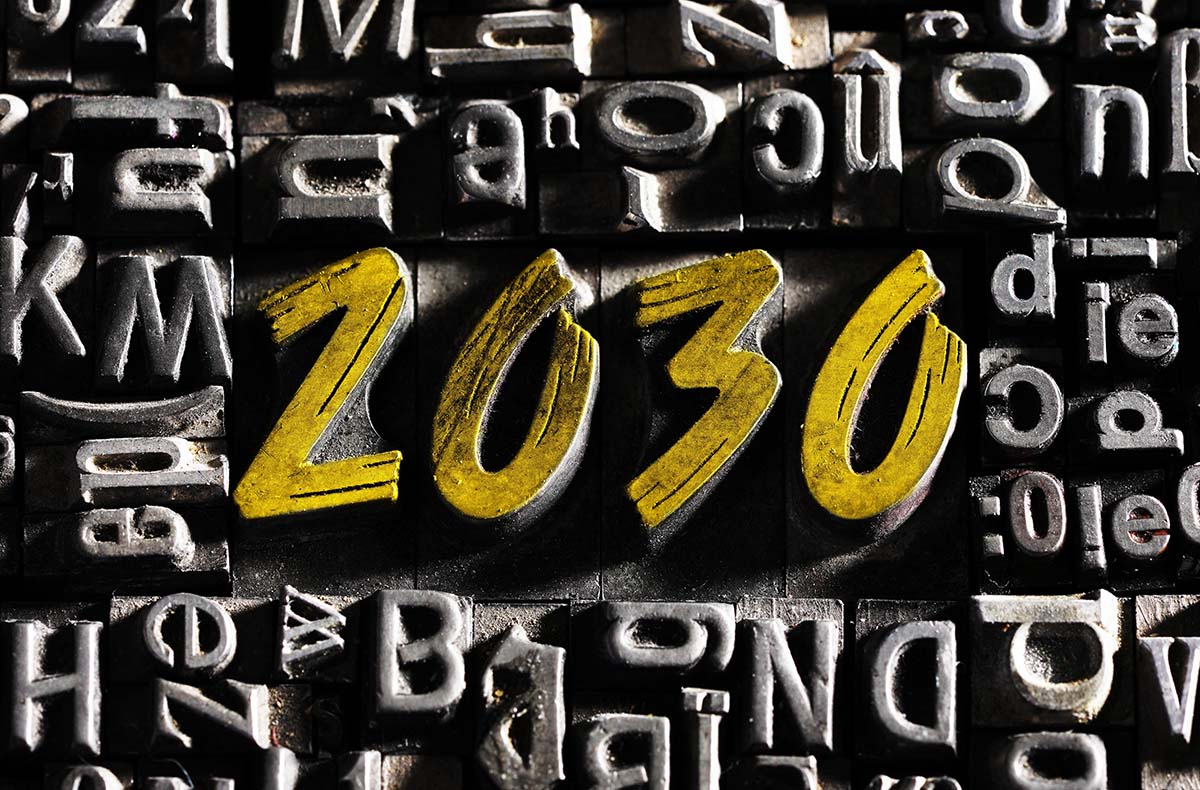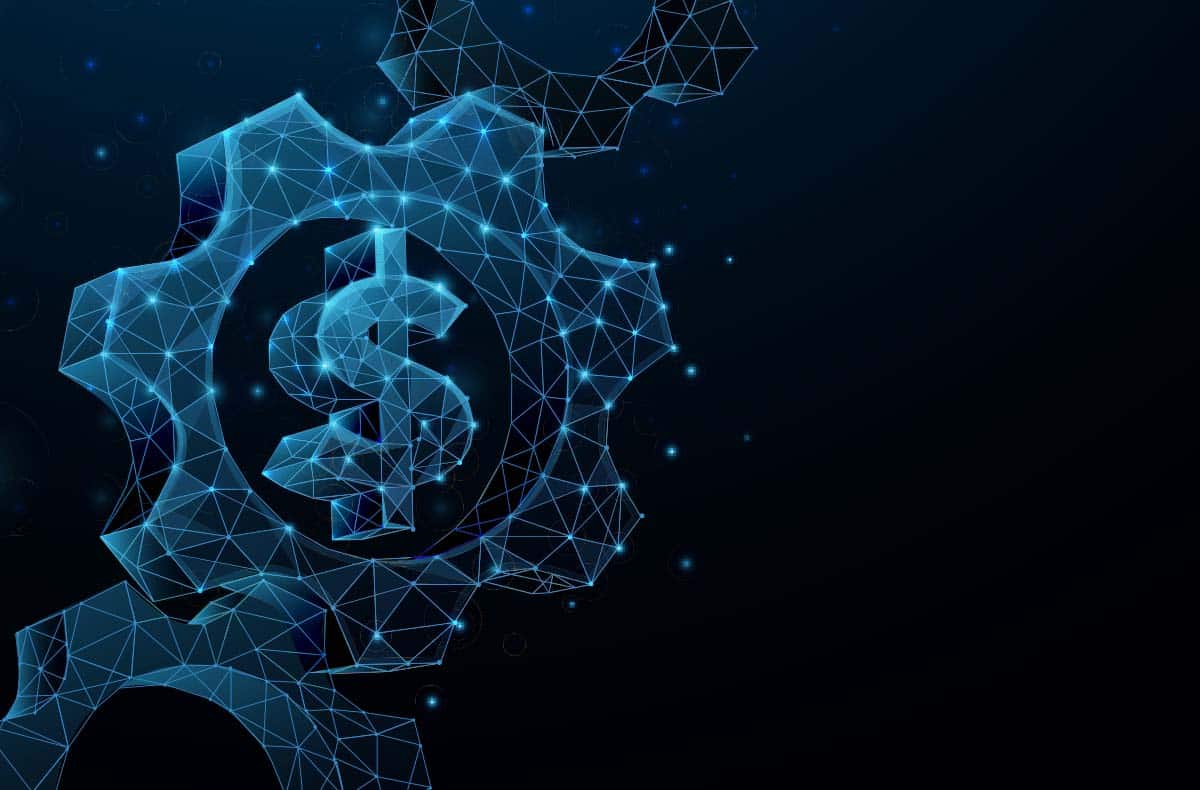
When I was 11 years old, my best friend from school and I began a tradition. On the first of January every year, I would send her a letter. In it, I would summarize my feelings about the previous year and lay out the hopes and dreams for the following. Decades later, our tradition still holds strong—even if the breathless crushes and worrisome big choices in life about having kids or choosing a university of our earliest letters have given way to thoughts on starting our own businesses and choosing schools for our children that prepare them for the next and not the past decade.
As I think back on this incredible trove of letters we have amassed together, I have one wish: that these letters were an NFT rather than paper, which was lost over the years! What could be better suited to this kind of ongoing exchange than blockchain? So, as this year comes towards a close, I wanted to invoke the spirit of that annual practice, and considering my own engagement with the token economy, I wanted to share a letter about my feelings on crypto and blockchain in 2021—and my hopes for 2022.
At the beginning of January 2020, I read the Financial Times’ article, “‘DeFi’ movement promises high interest but high risk,” which touched on how Decentralized Finance was approaching the 500 MUSD mark and was the hot thing in Silicon Valley. At that point, Ether was valued at below 100 EUR, and the main discussion centered on if “crypto winter” would ever be over, or if it all is nonsense. In a mere two years, we’ve seen nothing short of exponential growth in the making. We’re at approximately 250 billion USD in Decentralized Finance.
We see we are in a totally different world than we were even a year ago. We can also admit many of our institutions are outdated, and a good number of those are blatantly failing us. These institutional failures—and the innovations that stand to replace them—didn’t just fall from heaven. Electrical vehicles provide a handy metaphor here: for years we saw resistance across multiple sectors of government and industry mount a fearsome opposition. However, Tesla came along and proved electric cars could be profitable. Today, Tesla is one the most valuable companies in the world and its product will help us save the planet from carbon emission. The state of finance is not so different: to survive and thrive, we must move onto the next chapter, the token economy.
In 2020 and 2021, I had the honor to contribute to the World Economics Forum DeFi Policy Maker Toolkit, a recognizable force for established banking. El Salvador has granted Bitcoin the status of a legal tender and as a sovereign country, and Bitcoin is now an official “fiat” currency. Today, DeFi is no longer a high-risk trend for those at the cutting edge of finance, but a very real investment with high growth potential and real stability. With its constantly increasing steep slope of growth, we’re likely to see more than double the growth we witnessed last year in the next 24 months—so where will that bring us?
Looking at current trends, we can see that the token economy is the future we need to embrace to move forward. The FAANG’s of this world are beginning to experience pressure as “legacy” firms, Facebook is launching Meta to avoid being disrupted by a blockchain-based, decentralized, identity and privacy protecting rival. In the near future, we will be using more tokens than email, and Facebook messenger will be passé. The token economy will challenge the status quo profoundly across all areas, including identity, money, transacting and security.
In order for the token economy to gain traction in the mainstream, however, we need to generate a sense of sustainability and stability, which my work with Immutable Insight is dedicated to reinforcing. This means highlighting professionalism, reliability, thoroughness and a long-term entrepreneurial view that embraces regulation as opposed to the “crypto cowboy” high risk, high reward stereotype we’ve seen in the space in the past. The token economy is not a passing trend for Reddit or a goofy button on PayPal and Venmo.
In my own practice, Immutable insight, we’ve done the research and due diligence to bridge the gap between this new innovation and mainstream finance. We offer real-time analytics of blockchain to make the token economy investable. All of the tools we offer aim to mitigate risk. In a world of fake news, it is important to have something real and reliable. To that end, we have built our business on academic analysis of real qualitative and quantitative data. We aim to grow a business that’s here for the long haul, not a fly-by-night capitalization on a trend. Sustainability is our credo. To earn that staying power, we must adapt to the present while getting ready for the next chapter. We want to be someone clients can rely on as we all embark on the world’s next chapter.
As 2022 dawns, I would like to reflect on the most pressing megatrends of the past months. Looking forward, I’d like to consider how we could incorporate blockchain to each to move towards a safer, brighter and scalable future.
- ESG: we’ve been hearing a great deal about ESG, but I worry we have come to parrot the term so often that it becomes nearly meaningless. So how does blockchain stand to benefit the environment, society and governance?
- E: In terms of the “E,” blockchain’s earliest iterations of Bitcoin, proof of work (the “steam engine” generation of its technology, if you will), requires an enormous amount of computational power. But younger generations of blockchains utilizing proof of stake are 99% less energy consumption and e-waste: they can act as the structural lever to reduce energy consumption across existing financial industries and the broader economy.
- S: For social benefits, blockchain-based data can enable non-biased, controlled environment documented training data for AI to minimize unwanted outcomes of black box algorithms. Additionally, it fosters financial inclusion for non-account holders, taking out middle men and lowering crossborder payment fees—particularly for remittances. The immutability, transparency and direct accountability of wallets sets new standards, allowing individuals to measure everything without needing to trust a third party or pay an auditor. The real-time data availability opens completely new ways to verify and certify transactions, as opposed to the time lag we encounter in our traditional setup.
- G: Blockchain also stands to improve governance as it is inherently non-discriminatory, preserves privacy, and effectively and efficiently lets us stop money laundering. Yes: contrary to the urban myth, blockchain is the end, not the beginning, of illicit finances, and actually stands to prevent money laundering and terrorist financing. If all finances were on the blockchain, we could end illicit transactions, as blockchain would bring with it accountability and verifiability.
- Fake News: With the proliferation of the idea of fake news, our need for certainty and reassurance has never been higher. The internet isn’t seen as a safe place. This impacts how we message, run a game, store our data, and think of our identity. Blockchain offers a higher sense of security in an unsure world.
- Cybersecurity: At the end of November, the new head of MI6 publicly warned of the danger cyber threats pose to Great Britain. This shows that we’re finally catching up to the idea of how digital war is different from the old conceptions of international relations. In his book, Digital War, Winston Ma outlines how there’s been a huge shift in the global power game over the past decade. Today, modern societies are most vulnerable given their digital footprint. China is ahead of the game, having started setting up their blockchain service network ten years ago, while Western states are only just starting to recognize how vulnerable they really are right now. To move forward, states need to embrace blockchain as our most secure and scalable technology, which is far better than any central system we currently have. In fact, securely storing data on a decentralized system such as a blockchain is safer by a magnitude of the size of the earth to a grain of sand.
We live in a very different world than we did at the start of 2021; we need new ways of making the best of it. This evolution is coming at us fast, but the human brain is not made for exponential growth, but rather for linear growth. Whatever you think right now is happening, speed it up in your brain and fast forward. As the advent of the machine-to-machine economy takes hold and as structural barriers—such as a lack of Internet connection or device—fall away, we’ll have at least 300 million active users of blockchains. That is roughly the number of people in Europe. By 2024, this number will have equaled the total combined populations of the US and Europe. As 2022 begins, the question to ask yourself is apparent: what are YOU doing to get ready for that? The time to evolve to the blockchain economy is now.



